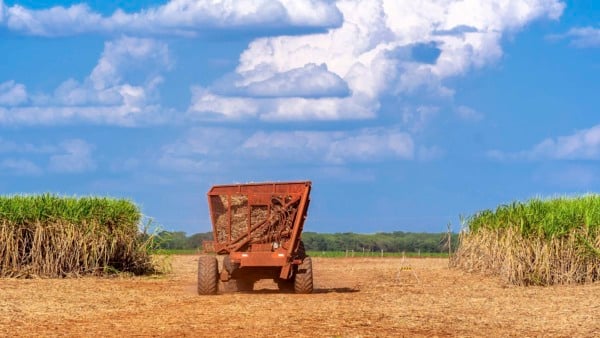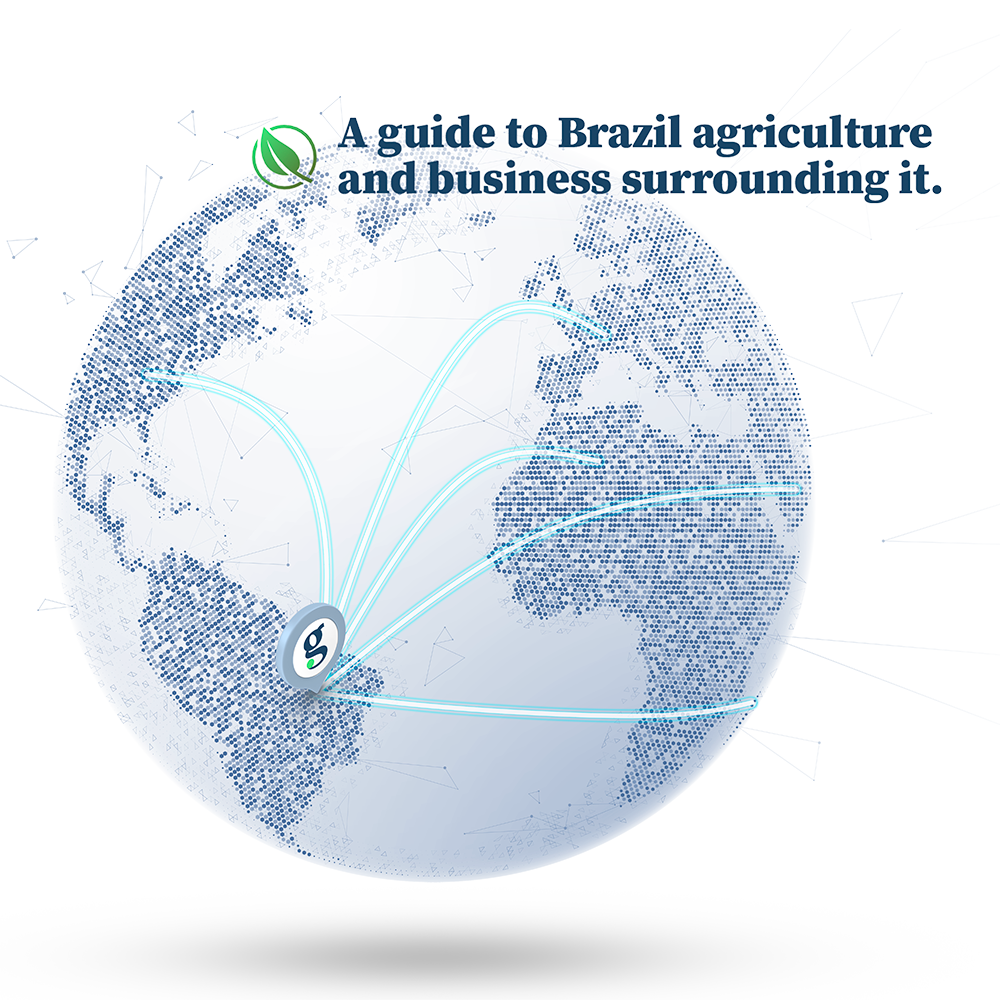
Brazil’s soybean seed companies are navigating one of their worst crises in recent memory. Beyond a credit crunch hitting farmers — with delinquency rates climbing sharply — seed multipliers are facing a record inventory glut.
The tough backdrop has triggered a price war that’s squeezing margins even further. Distressed sellers are emerging, alongside attempts to renegotiate payment terms with suppliers. “It’s hard to find anyone who isn’t for sale,” one industry source told The AgriBiz.
The turmoil is opening a window for well-capitalized players looking to consolidate Brazil’s seed industry. Pátria Investimentos, which kicked off its strategy with the acquisition of Goiás-based São Francisco, is one example.
Companies like Boa Safra, backed by a stronger balance sheet, are also trying to take advantage of the moment to accelerate growth, promoting agressive sales campaigns.
Record Seed Glut
The numbers tell the story. Soy seed oversupply in the 2024/25 season is expected to reach 30% to 40%, an unprecedented level, according to André Schwening, president of ABRASS, the Brazilian soybean seed producers’ association.
“Some inventory always remains, but in recent years we’ve seen a growing excess supply. This year will be a record,” he said.
As soybean seed cannot retain commercial quality for the following season, multipliers must offload the surplus as grain — wiping out margins and revenue.
A Mato Grosso producer estimates that a 60 kg-bag of soy seeds that he would normally sell for 220 reais — excluding royalties —, selling it as grain he would get 130 reais. The multiplier loses that 90 reais spread.
The reasons
Market participants point to three main drivers of the oversupply.
In recent years, new players entered the segment after receiving additional multiplication quotas from GDM, the Argentine group that controls roughly 76% of Brazil’s soybean germplasm market, according to Kynetec.
“They issued too many quotas. They’re still making money — at the seed companies’ expense,” one source said, criticizing the strategy.
GDM booked 2.5 billion reais in revenue in Brazil last year but saw profitability fall sharply. Its Ebitda margin dropped to 58%, still high but well below the 77% posted in 2023.
On top of quota expansion, traditional companies also boosted processing capacity during the boom years, leaving the industry with mounting idle plants.
To that, add rising piracy — farmers saving seed beyond what’s permitted for on-farm use.
This remains less common in Mato Grosso, where the climate makes seed preservation difficult without refrigeration, but the practice is expanding in other states.
A tighter credit market is also encouraging the shift to uncertified seed, Schwening said. ABRASS estimates that uncertified (saved or pirated) seed has increased from 25% to 30% of the market.
Short-term risks
In the near term, uncertainty dominates. Beyond weak demand and financial stress, some seed companies’ deteriorating finances have raised alarms over royalty payments. In the worst cases, the bill could fall back on farmers.
Multipliers collect royalties from growers at the point of sale and must pass them on to tech providers. If financially distressed companies fail to remit those payments, farmers could face double charges when delivering grain to warehouses.
“If the seed company doesn’t pay the royalties, the farmer may be billed again at the elevator,” one source warned.








